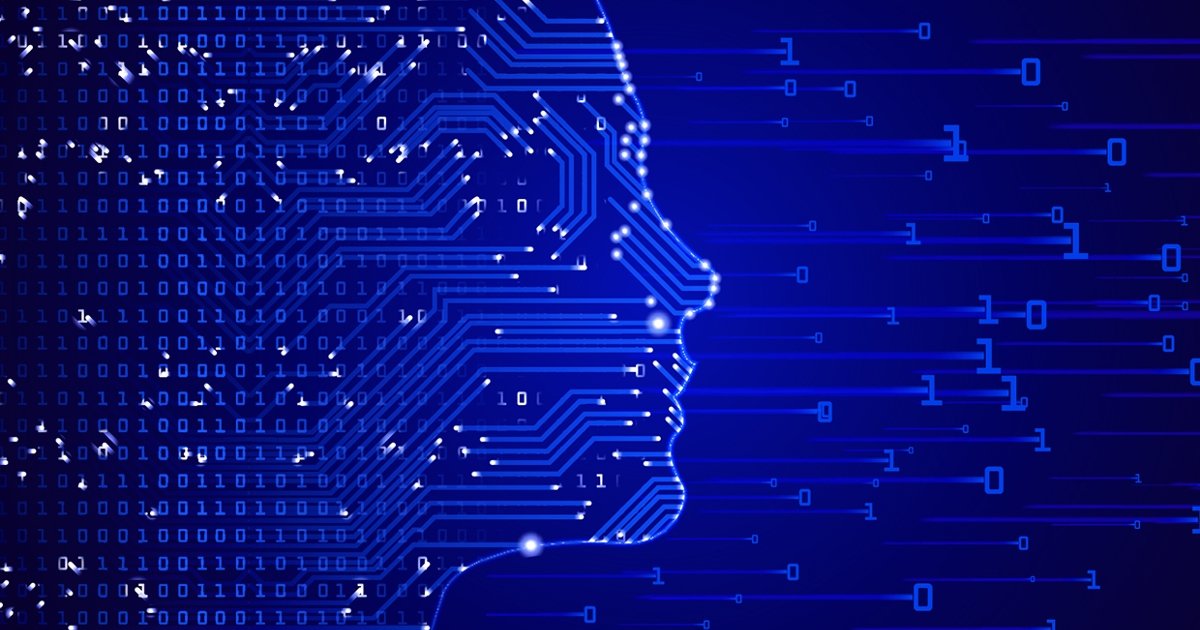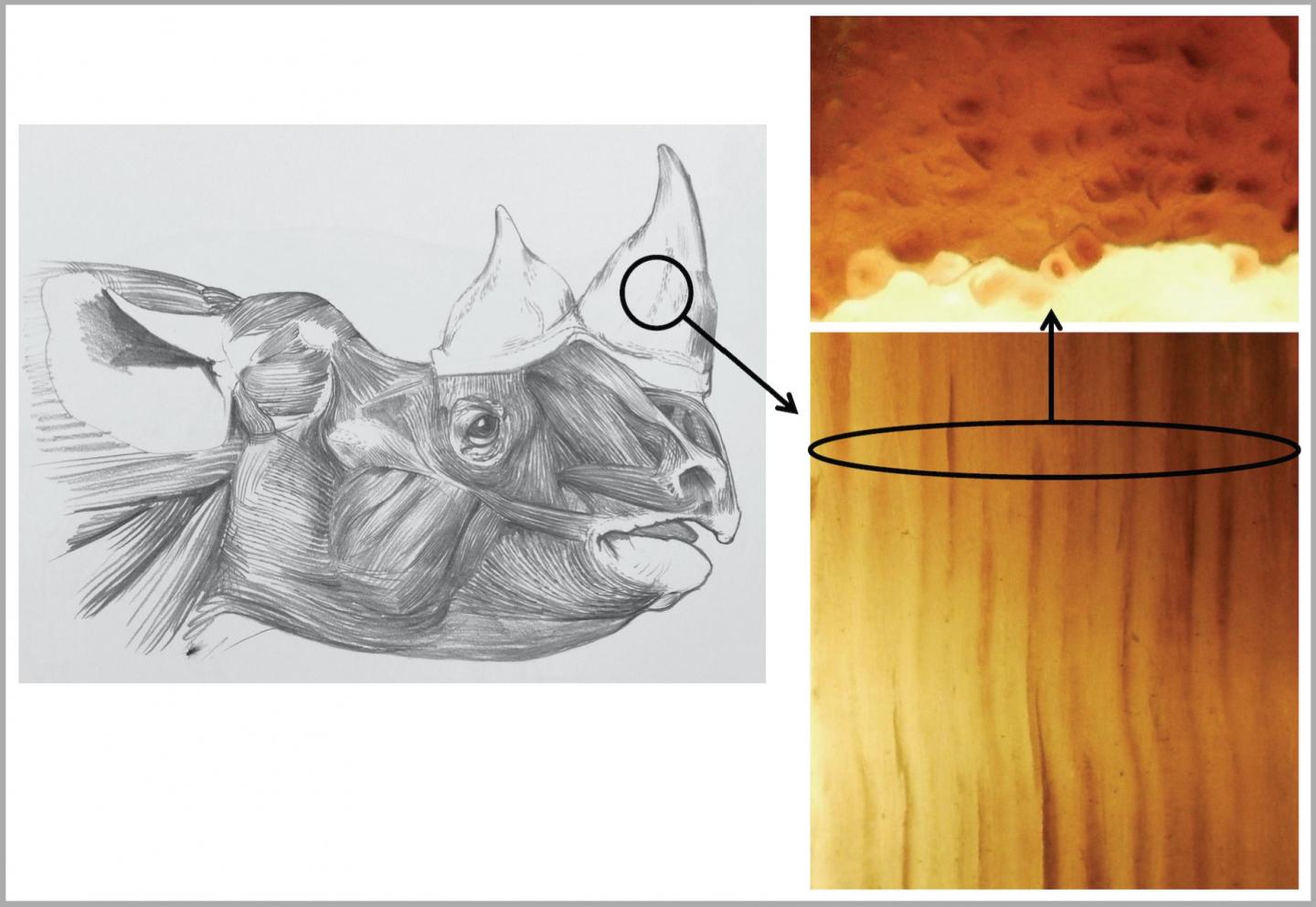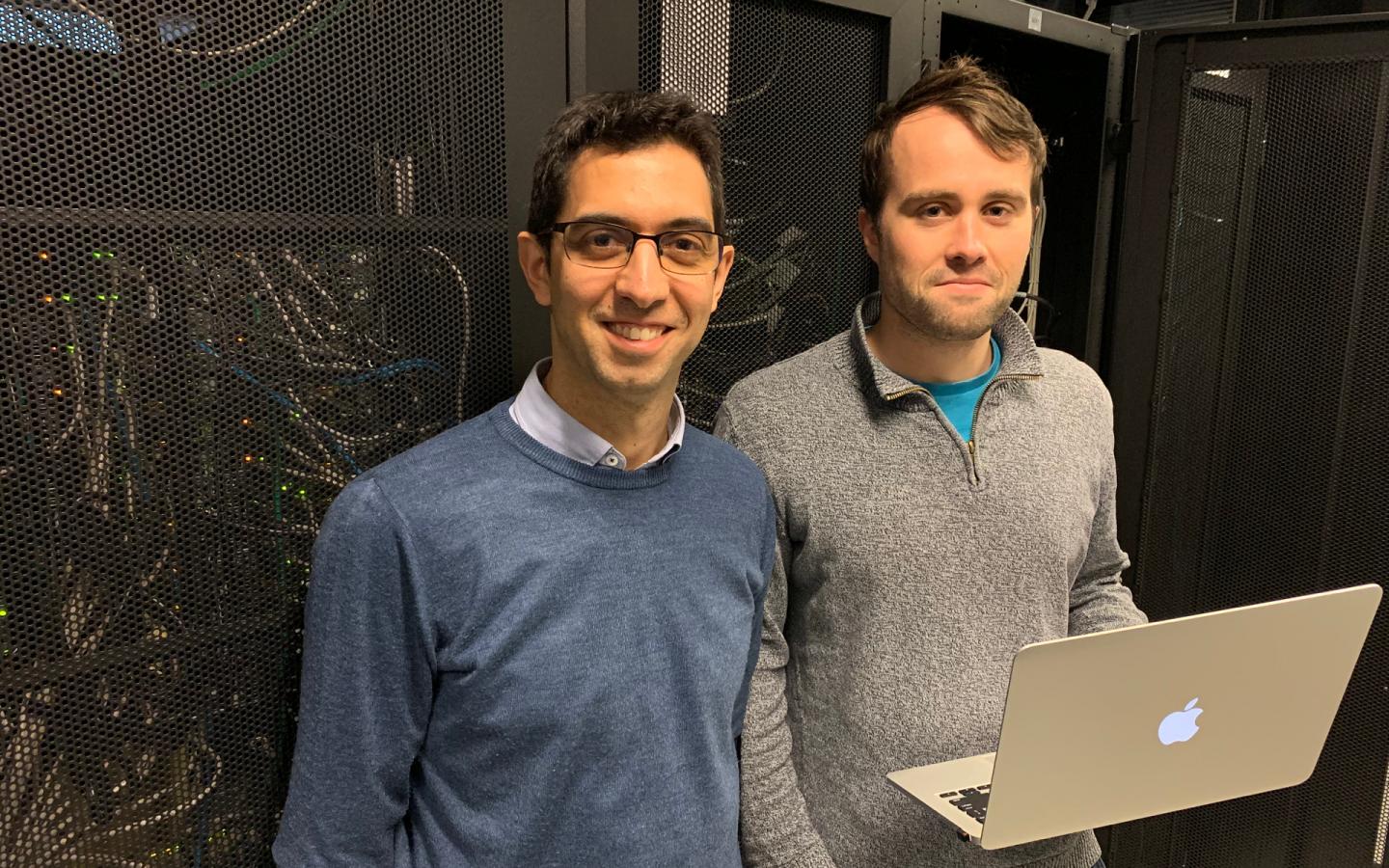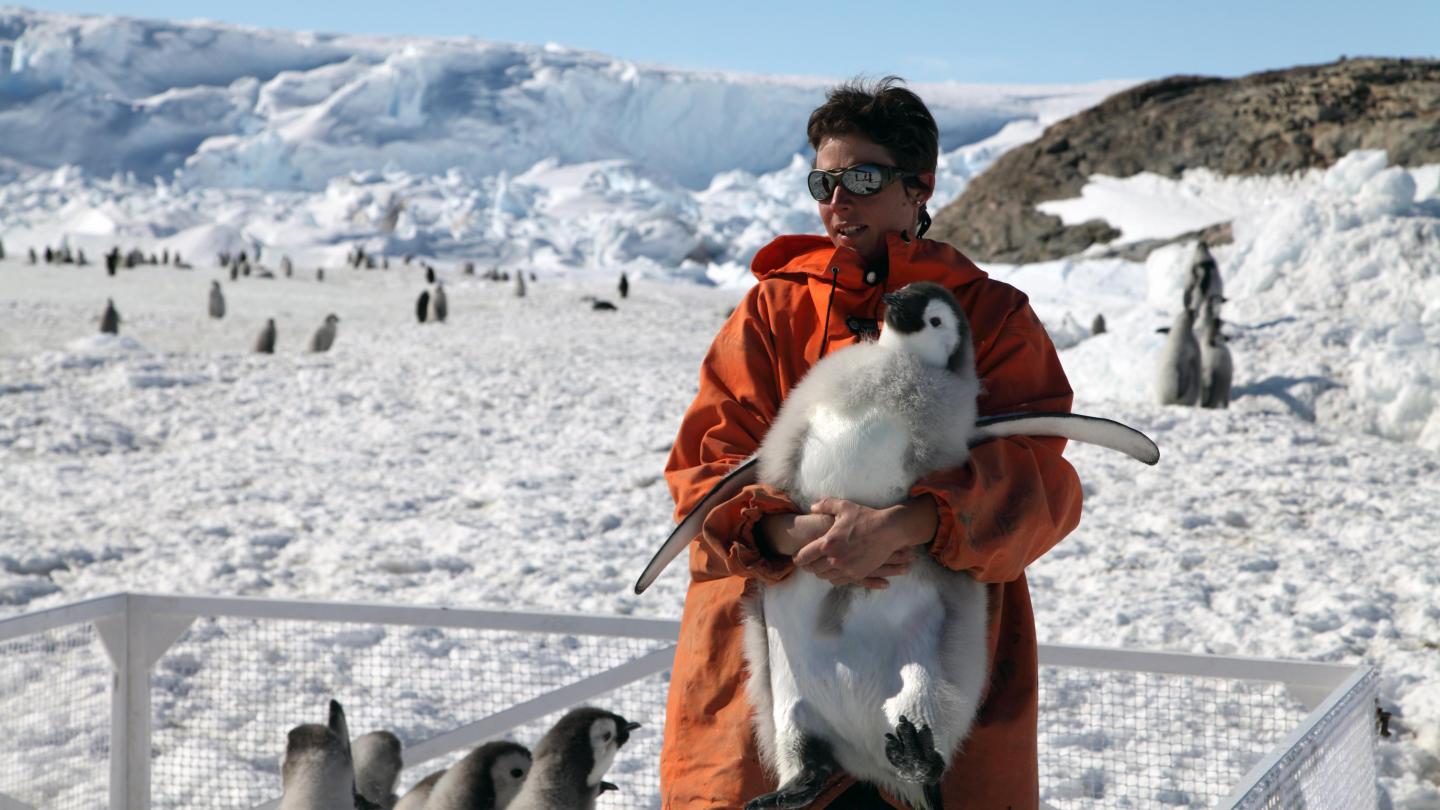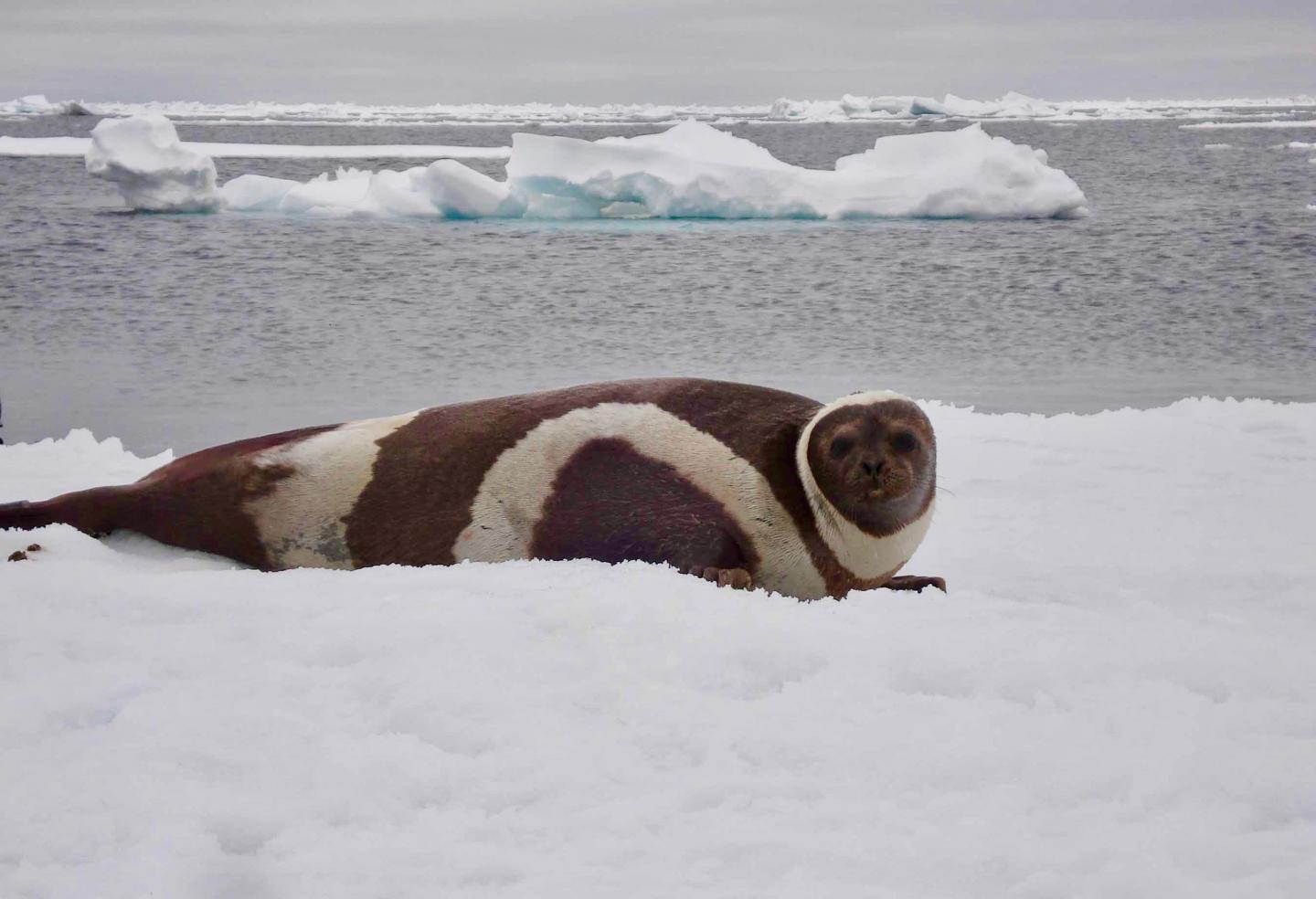Principles are no guarantee of ethical AI, says Oxford ethicist
A leading expert in data ethics at Oxford Internet Institute, University of Oxford, believes the establishment of principles for the governance of Artificial Intelligence (AI) will not guarantee its trustworthy or ethical use by companies and organisations. Dr Brent Mittelstadt’s paper ‘Principles alone cannot guarantee ethical AI’, published in the journal Nature Machine Intelligence, argues that a … Read more
